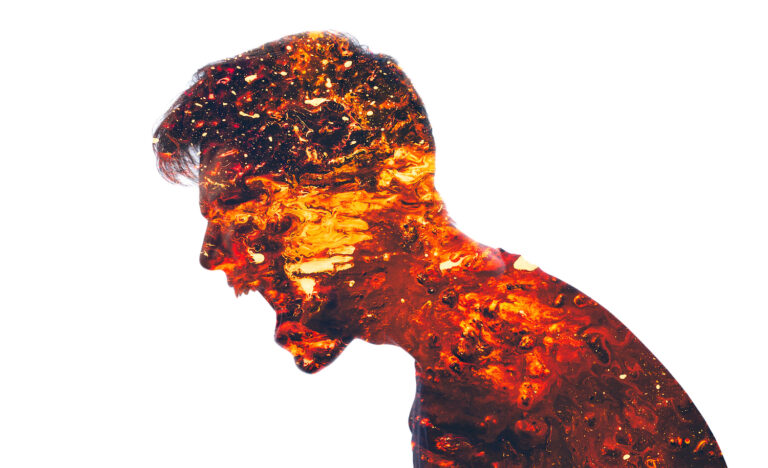These 2 Traits Can Make HSPs (Almost) Immune to Narcissists
Narcissists may not intentionally target sensitive people, but can have a higher success rate of putting HSPs under their spell. Is there finally a way to change that?

Narcissists may not intentionally target sensitive people, but can have a higher success rate of putting HSPs under their spell. Is there finally a way to change that?

Most HSPs avoid large social events. But when does a healthy preference for solitude stray into social anxiety?

Whatever social media platform you’re on, there’s a lot going on. This can be overstimulating for anyone, but it’s especially intense for HSPs.

Both hypersensitive and highly sensitive people tend to have strong emotional reactions. So why is one of them a healthy personality trait while the other is considered problematic?

Research suggests humans may have up to 33 senses, not five. How many of them could impact your high sensitivity — and sensory overload?

They’re up to 10 times more common than narcissists and do just as much damage. Here’s how to deal with them.

For years, I was misdiagnosed as having borderline personality disorder. But then I discovered the truth: I’m just a highly sensitive person.

If your feelings seem bigger, deeper, and more intense than those of other people, it’s because they are — you may be a highly sensitive person.

Research suggests HSPs have a stronger connection to nature — and it has a powerful effect on our minds.

Both scientists and therapists have begun to ask whether empathy does any good. Their findings may surprise you.

Highly sensitive people can be overwhelmed by intense emotions. Here’s the secret to stopping that, according to an HSP therapist.

Highly sensitive people may experience information overload more than others. Here’s what you can do about it.
Join the HSP Revolution. One email, every Friday. Our best posts.